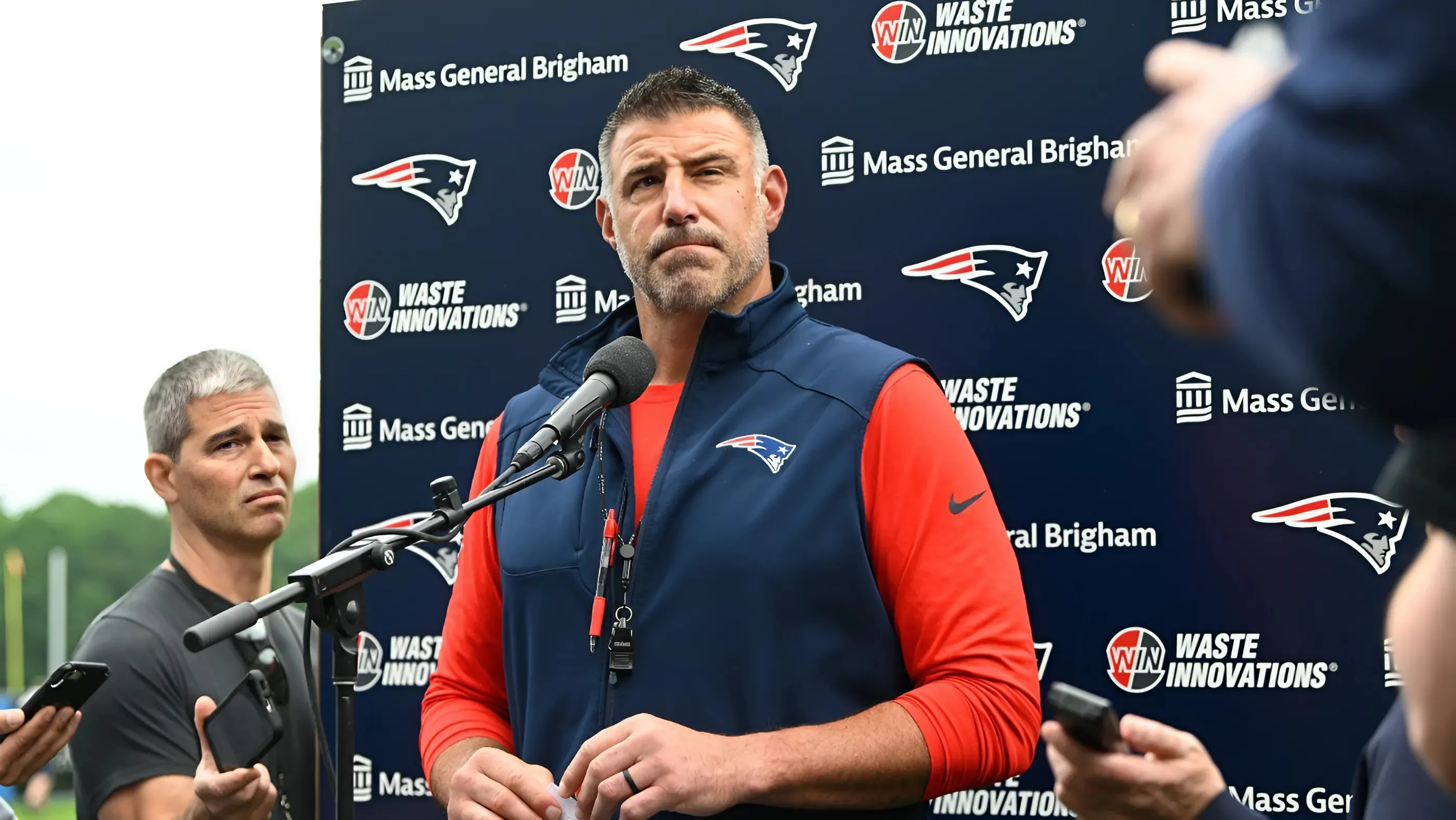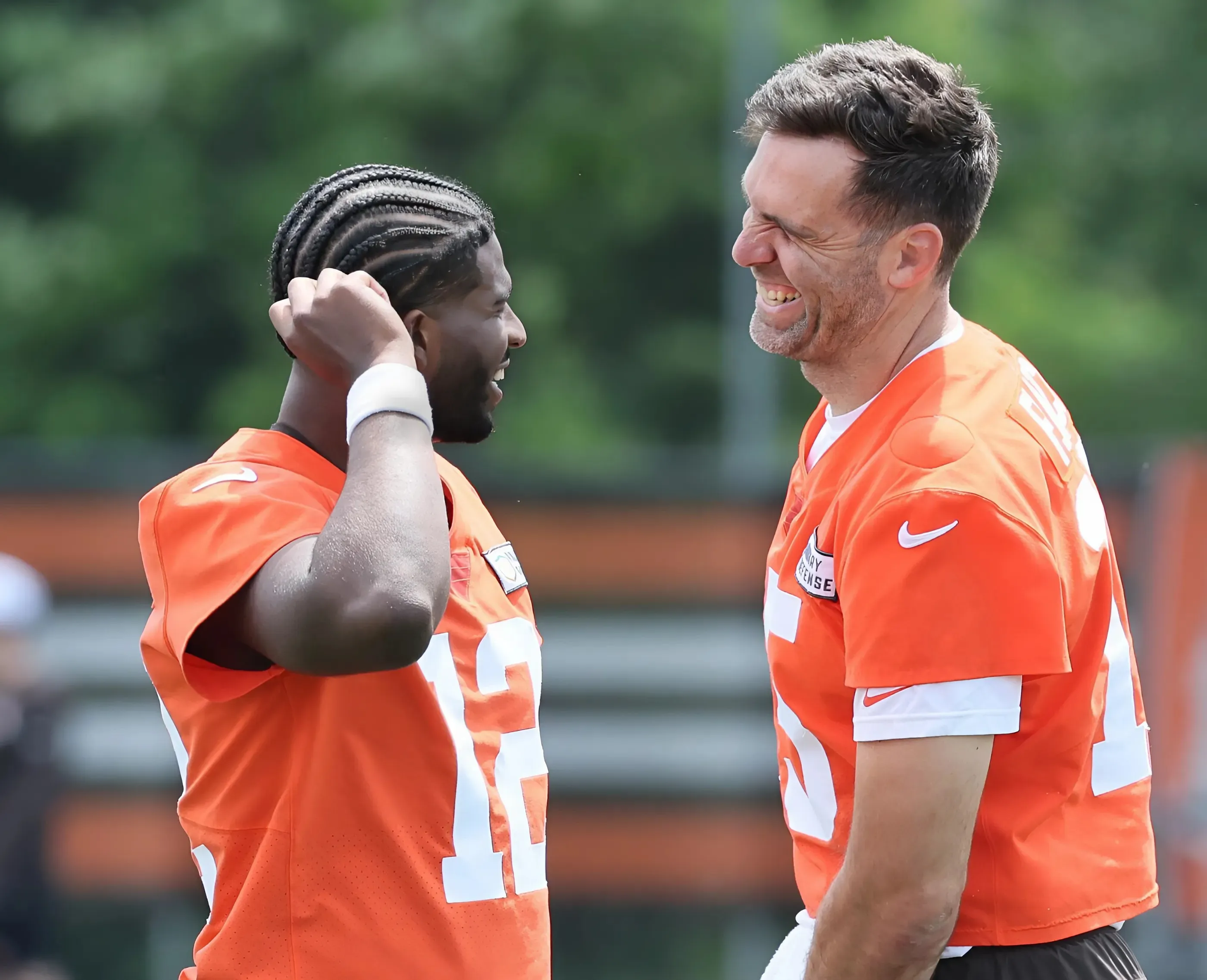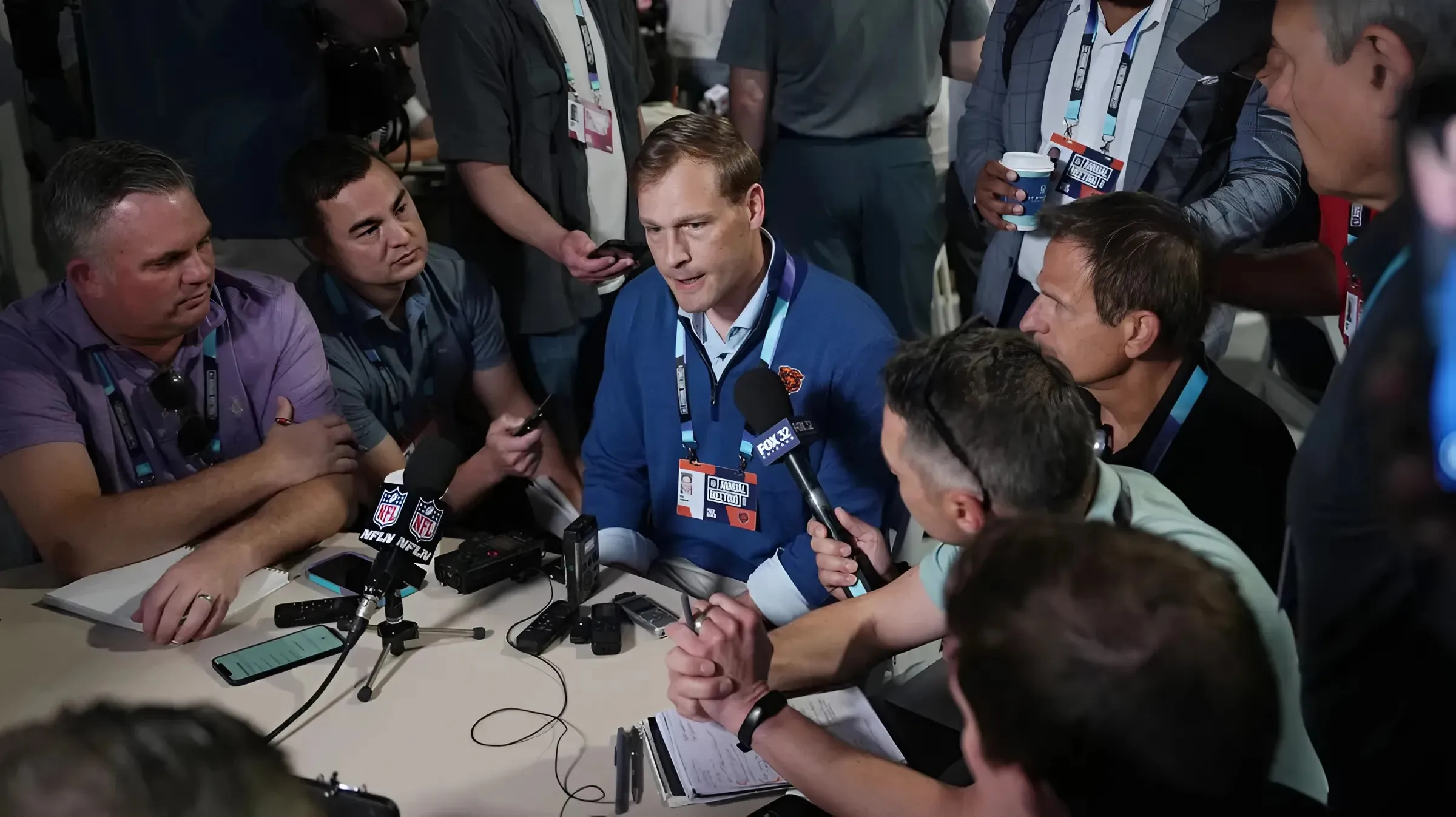There are more than a couple of ironclad justifications for the Cleveland Browns retaining All-Pro defensive end Myles Garrett, though a connection to QB Deshaun Watson isn’t one that immediately comes to mind.

However, Zac Jackson of The Athletic spoke to that dynamic, connecting the dots between one of the worst trades/contracts in the history of the NFL and the $160 million extension for Garrett that was record-breaking when he signed it
“Everybody knows about Myles, and there’s no running from it. So I get it. I think we’re gonna revisit that, maybe as early as this trade deadline … like what should they have done? But they were dug in on it,” Jackson said on the “Go Long” podcast on Tuesday, July 22. “Even if you just take a step back and say the GM did not want to be the GM that traded for Deshaun Watson and traded away Myles Garrett, right? And that’s probably not the best way to operate. … But that’s a simple way to explain it.”
Myles Garrett Stayed in Cleveland for the Money

Garrett now represents a significant fraction of the Browns’ salary cap on a $40 million annual salary, but he is also almost certainly future Hall of Fame player who won Defensive Player of the Year in 2023 and has earned six All-Pro selections in the past seven seasons. He will play the upcoming campaign at 30 years old.
Cleveland can justify paying Garrett if he continues to produce at the level of 22 tackles for loss and 14 sacks he put together last season, even without much help around him off the edge.
Garrett initially went public with a trade demand this offseason, saying he was interested in joining a team that could contend for a Super Bowl perennially starting in 2025. However, the largest contract in league history for a non-QB clearly altered Garrett’s priorities.
Browns Have Systemic Issues Acquiring, Retaining Top-End Talent

The Browns face a combination of factors (cold city, small Midwest market, long track record of losing) that has forced them to make over-the-top offers to keep homegrown talent or get free-agent talent in the door, and that has proven the biggest part of the franchise’s systemic issues with player acquisition and retention.
Cleveland had to offer Watson a five-year contract worth $230 million and guarantee every cent of it — rendering the deal, at the time, the agreement with the most-guaranteed money in league history — just to get Watson to choose the Browns over other interested options.
In fairness to Cleveland GM Andrew Berry, Watson was a three-time Pro Bowler before the Houston Texans sidelined him for the entire season prior to the Browns trade. As it turns out, the Texans made that decision in part because of relationship issues with Watson and in part because of the legal trouble the QB faced off the field — namely more than two dozen accusations of sexual misconduct.
Cleveland owners Dee and Jimmy Haslam were also bullish on trading for Watson, which required three first-round selections and two other mid-round draft picks from the Browns to execute. In three years with the team, Watson has started 19 games (9-10) and thrown for 3,365 yards, 19 TDs and 12 INTs.
The Browns have pushed so much of Watson’s money off down the line over the past three campaigns that even when his contract technically ends following 2026, it will still create significant problems for Cleveland’s salary cap for years to come



